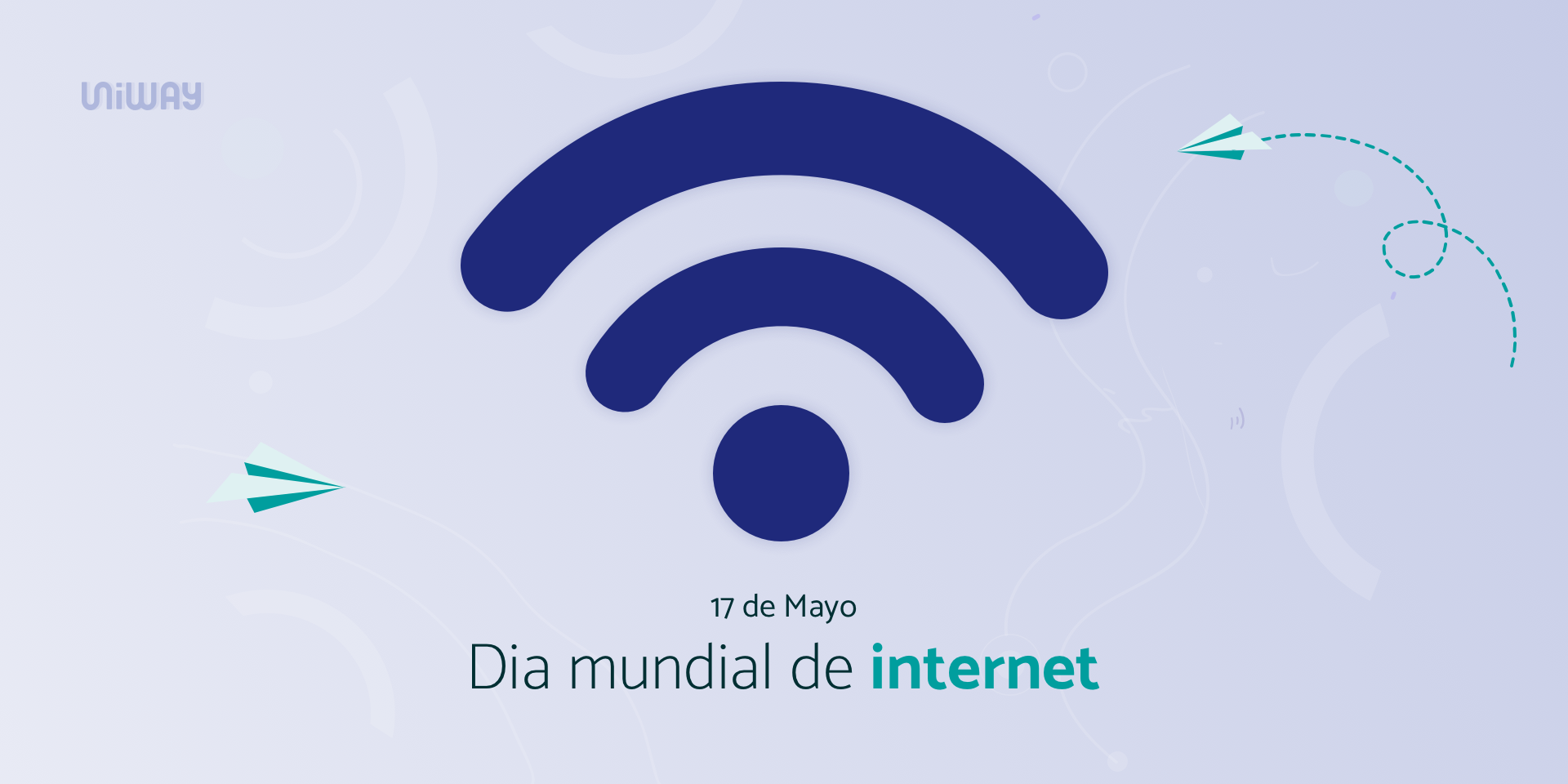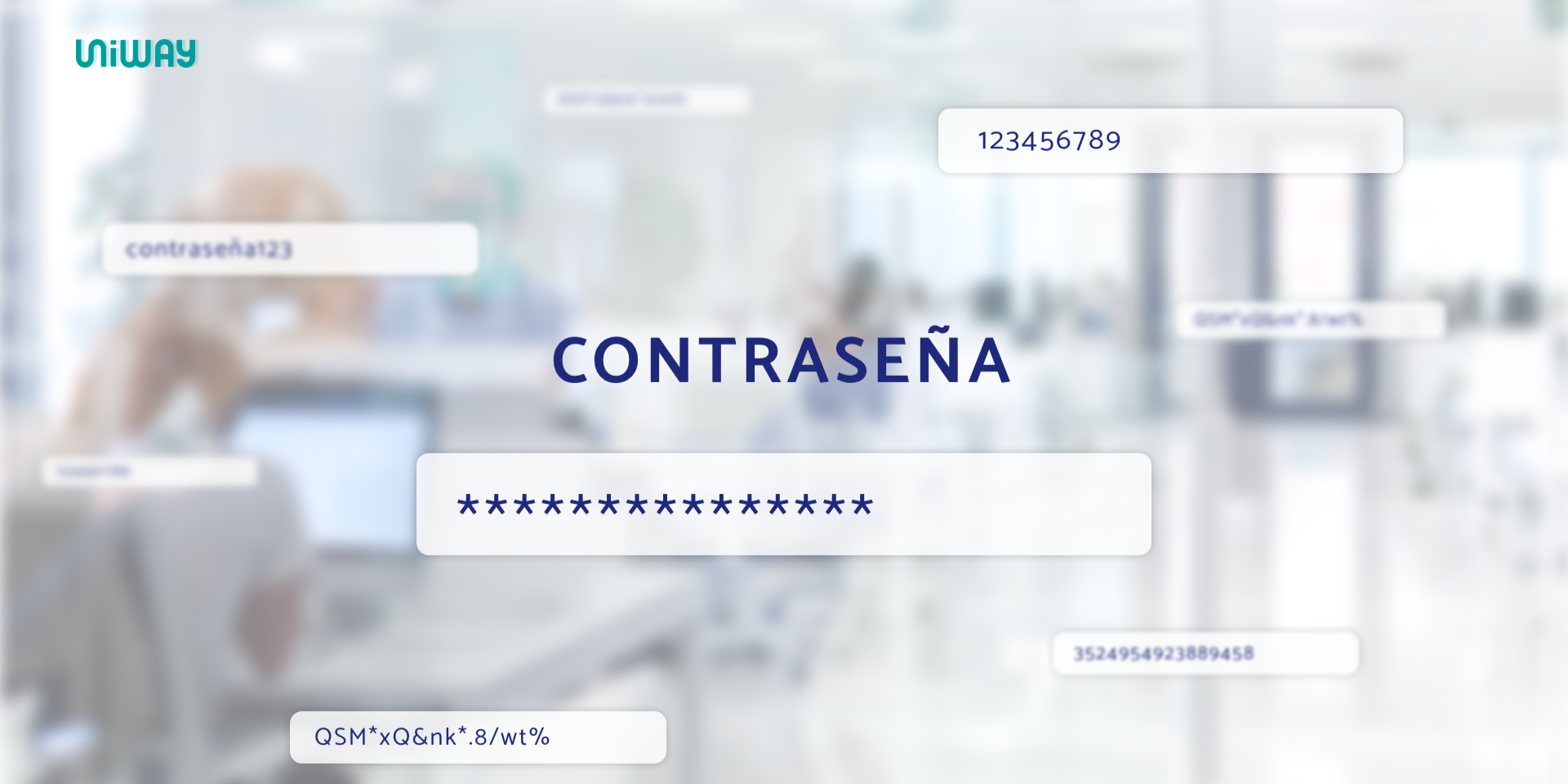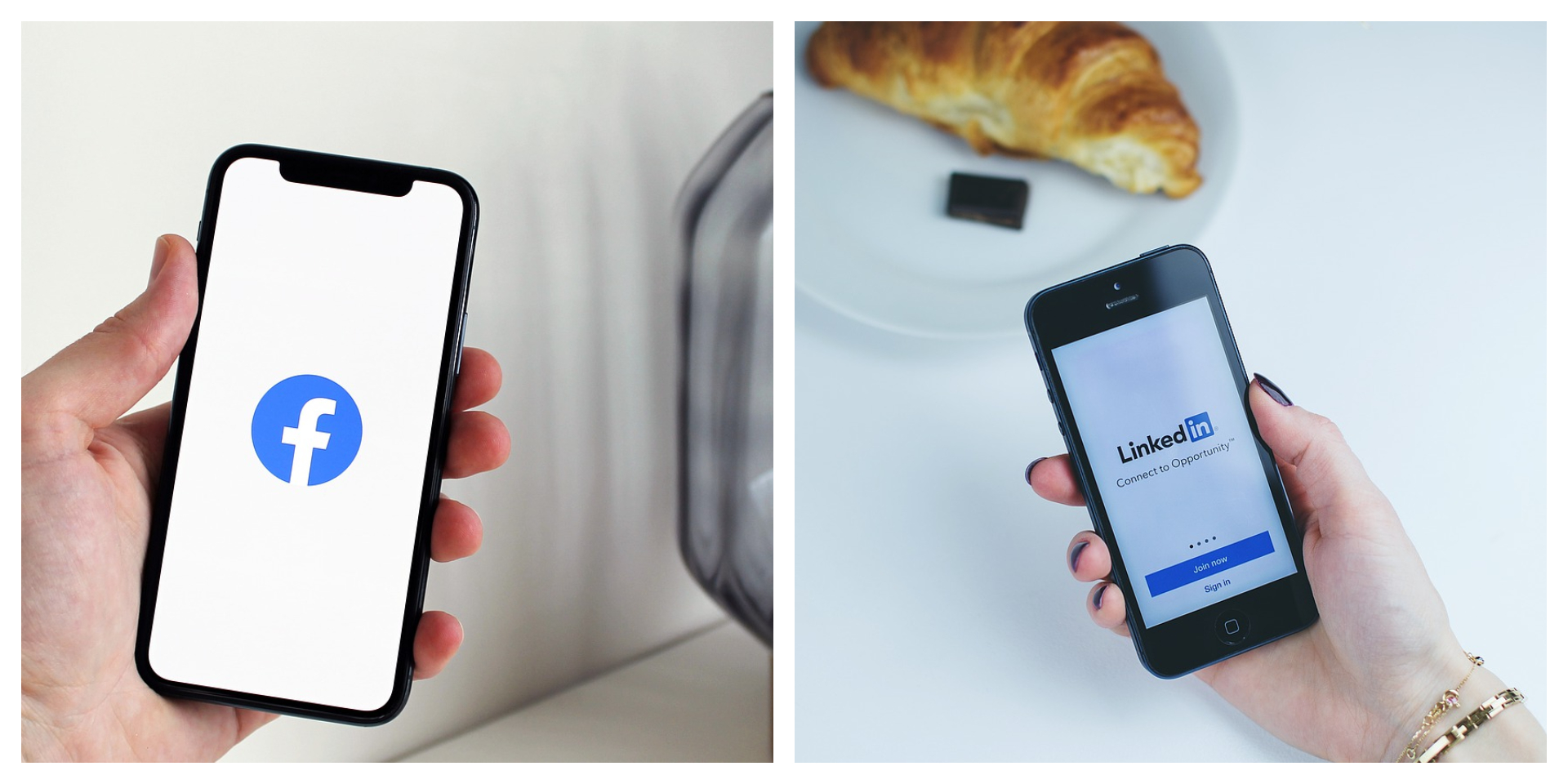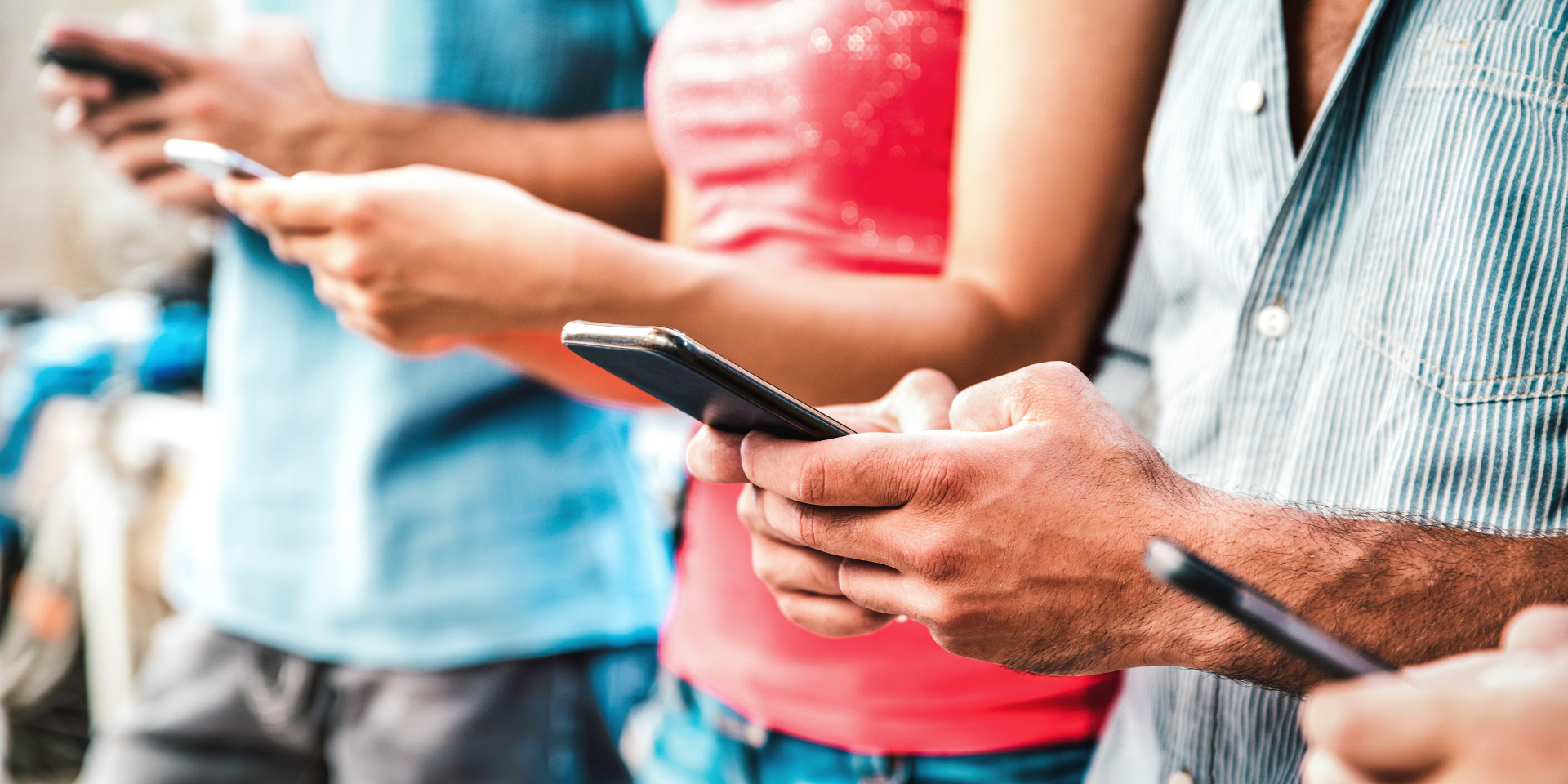
Do You control Your Social Media Privacy?
Do You control Your Social Media Privacy?
They say if something's not in the Internet, it's like it desn't evem exist and something similar happens when someone does not have a profile in any of the many social media available. We're all in but do we know what that implies?

Twitter, Facebook, Instagram, Linkedin, TikTok… and we could keep on going, since the amount of social networks we have at reach nowadays is huge, and it would be quite a shock if we didn't have an account in at least one of them, or several. But… are we aware of the implications of being in social media? Do we know who manages our data once we log in?
It is a reality that social media have lots of advantages and offer us multiple possibilities, but one also needs to be careful, know the risks and know how to manage them as best as possible. For the last few years we've seen movies and TV shows depicting social networks and the influence they may have on users. Such as "The Social Network", "Black Mirror", "You", etc. They are fiction, that's true, but as we have seen they are not that far from reality.
"I accept the terms and conditions"
Have you ever read the terms and conditions when signing up to a social media profile? It's not something people usually do, we often lie when we click the checkbox that says "I have read and accept the terms and conditions"; a lie motivated mostly out of the lenght and complexity of the texts, however it is important to be aware of those.
What do we accept when clicking that button? Those conditions depend on the company you sign up to, but all in all, almost all of them share important common points such as access to user data, movement tracking and even license to use the information you upload to your profiles. That affects lots of things, some of them more noticeable than others, such as for example receiving advertisements particularly focused on the user.
It is usual for social media users to share more personal information than what is necessary, thus exposing too much information that you hardly control
Risks that affect privacy in social media
Now in a different line of though, apart from the terms and conditions, it is also important to learn about the risks that affect our privacy. For the last years, we've also seen how several of the most important social media at international level suffered security leaks. While it's true there are things we can't control, there are others that are under our control:
- Sharing excessive personal sensitive information: We often forget about the amount of personal information we share, as well as its value. Some of them are necessary, but not all, so it is important to take a look at this issue in detail and not expose more personal information than what is necessary.
- Authorize access to external applications: Usually when installing a new app, this one requests permissions to access applications such as the picture gallery, microphone, etc. Sometimes when we access, we're accepting the use or manage of more data than we're aware of, so it is advisable to be careful and watch out for the apps we grant access to.
- Cyberattacks: Social media are also a way for cybercriminals to have access to our information. Attacks such as phising are very common and even though a bit of common sense is enough to avoid making mistakes, it is advisable to have some security tool.
- Bots: We often find accounts that pretend to be real users but they are actually programmed machines and as little as the access we give them may be, they already can get personal information.
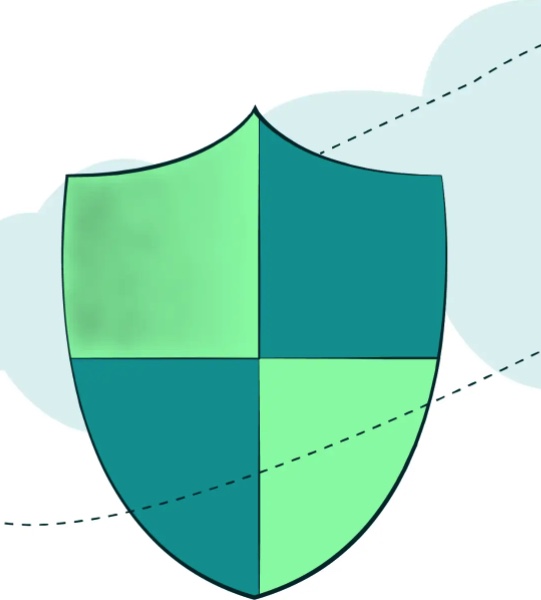
Antivirus protection. The best services for the advanced protection of your systems
Simple. Fast. With no complex installations.
How can I protect my profile?
At this pont, maybe quite depressed in face of the risks of social networks, let's see what we can do to protect our information as much as possible.
- Safe passwords: It is no doubt the first step in terms of security, since it is the first barrier. It normally uses different types of features, numbers, etc., don't use the same one for different sites.
- Official applications: Sometimes you may encounter applications you should be wary of, or unofficial download sites. It is always advisable to go to PlayStore or Apple Store and download only the certified versions.
- Double authentication: In addition to the password, tools have more safety methods and one of them is double authentication. They usually work through codes that are sent through SMS.
- Antivirus protection: As an extra method, it is always advisable to have a good antivirus and keep it updated. This does not only work as a protection, but it can also warn you about possible threats that may reach you through social networks.
- Private profile: This action may go against the spirit of some social networks, but as for security, it is never too much. In all social networks, users may select whether their account will be open to the public or if on the contrary it will only be visible to those users who are granted access.
These might interest you...



